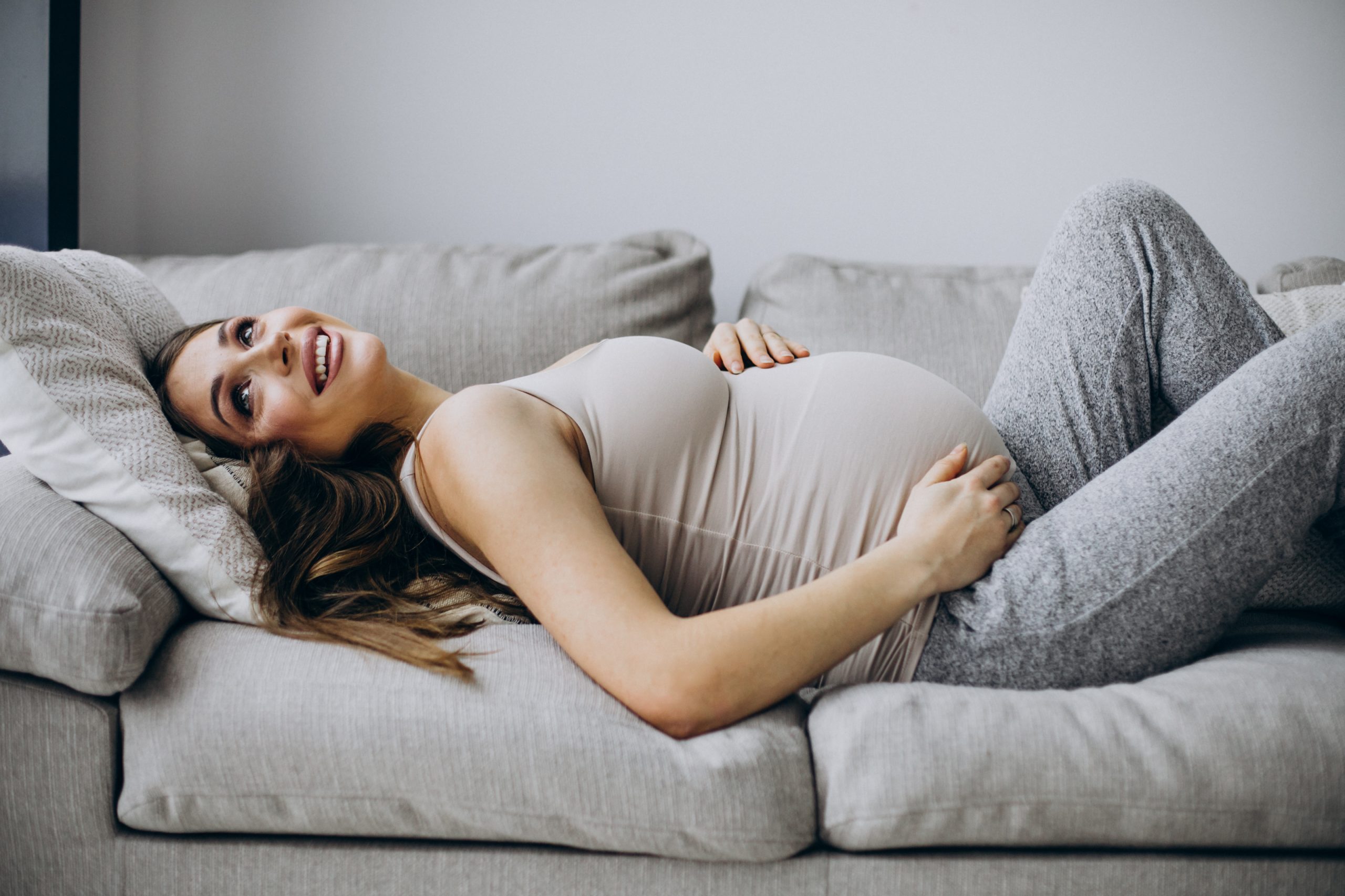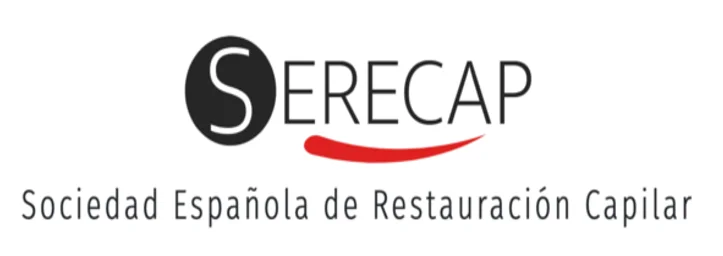
In this article we bring you everything you should know about hair loss after pregnancy. It is known to all that postpartum is a time when hormones are completely revolutionized, and precisely because of this, a telogen effluvium is produced that causes us to lose a large part of our capillary density.
This is more pronounced at this time after pregnancy, since normally during pregnancy we feel our skin and hair better than ever, which makes this fall more noticeable.
During pregnancy, the body is subjected to a hormonal revolution that affects all parts of our body, including our hair.
The placental hormones are those that cause an increase in the sebaceous secretion of the hair. These same hormones ensure that hair does not fall out during pregnancy in the same way as before it, since our hair remains in the growth phase due to estrogens.
When the baby is born, the mother's body returns to its normal state and you can see a massive loss of all that hair that was not lost during pregnancy.
Normally we lose an average of between 50 and 100 hairs a day, so when hair falls out again after delivery, it does so in a more aggressive way, losing more hair during this phase.
This stage of fall occurs between two and three months after giving birth.
That breastfeeding causes hair to fall out even more is a false myth, in many cases this stage is the one that is to blame for hair loss after pregnancy, this being completely wrong.
Mothers who do not breastfeed after giving birth experience exactly the same hair loss as those who do.
Here are some tips to follow if you are in this stage of hair loss after pregnancy.
Our hair is nourished thanks to the vitamins and minerals that our diet provides us and that reach the hair follicle through the blood.
A healthy diet, rich in fruits and vegetables, in addition to having benefits for our health in general, will also have them for the postpartum stage.
Iron supplements are very helpful in preventing postpartum anemia and for the general recovery of the body after giving birth.
Consult your doctor or midwife to take it for at least the first month after the baby's arrival.
During this stage of great hair loss it is better that we dispense with the use of dryers and irons as well as aggressive treatments that can further enhance hair loss.
En Hospital Capilar we have various non-surgical hair treatments that can help you in these types of stages in which there is a marked telogen effluvium and you feel that the fall is becoming a problem.
Among our treatments we have Platelet Rich Plasma, also known as PRP and which consists of centrifuging your own blood to separate the part rich in growth factors that will later be injected into your scalp to promote hair regeneration and avoid miniaturization, among other benefits.

En Hospital Capilar we are at your fingertips to give you all the information about the graft and hair solutions. In addition, we have a free diagnosis to determine your case in a personalized way. We will wait for you!
Sanitary Reg. No. Pontevedra: C-36-003121 Sanitary Reg. No. Madrid: C517593 Sanitary Reg. No. Murcia: 30800014


Copyright © 2021 - Legal Notice and Privacy Policy - Cookies policy